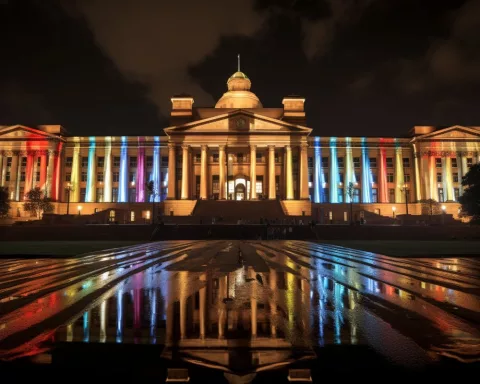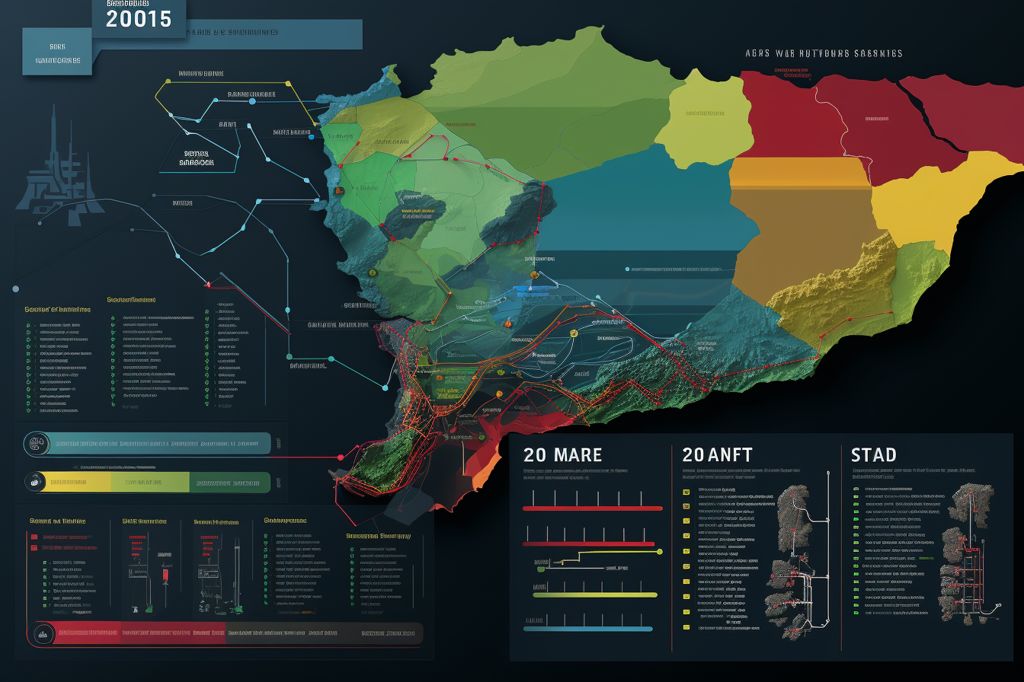The University of South Africa (UNISA) is celebrating its 150th anniversary, marking its significant contribution to the development of several renowned institutions and providing education access to individuals globally. This article explores UNISA’s history, achievements, challenges, and opportunities as it commemorates its milestone.
History and Achievements
UNISA has a rich history that reflects South Africa’s broader historical context, from its roots in the colonial period, through apartheid, and ultimately into the democratic era. The university pioneered tertiary distance education across the nation and the African continent, enrolling one-third of all higher education students in South Africa. UNISA’s alumni include prominent figures like ZK Matthews, John Langalibalele Dube, and Nelson Mandela.
Challenges and Opportunities
The conference theme of UNISA’s 150th anniversary celebration is “Reclaiming Africa’s Intellectual Futures,” which acknowledges the diverse social forces vying to define what it means to be African in the 21st century. UNISA aims to overcome challenges and seize opportunities by embracing an African agenda committed to creating a socially-just, equal, inclusive, and sustainable continent.
Renewal of the New Africa Agenda
Africa is experiencing renewed efforts to tackle major existential and developmental challenges such as climate change, economic marginalization, technological development, and food security. The African Union’s Africa 2063 Agenda outlines strategic priorities in which African higher education, science, and innovation play a vital role.
Renewal Challenges of UNISA
The South African government has expressed deep concerns about UNISA’s strategic direction, quality of administration, academic outcomes, and governance. To address these issues, the Minister of Education, Science, and Innovation appointed a Ministerial Task Team (MTT) in 2021 to investigate the sources of the crises at UNISA and recommend solutions.
UNISA must accelerate the modernization of its technology platforms to better manage its operations across vast geographical distances and compete successfully in the innovation-intensive space of massive online technology providers.
As UNISA celebrates 150 years of service, it must recommit to its foundational mandate as a distance learning provider and leverage its vast network to drive the renewal of the African agenda. By uniting under the goal of serving humanity, UNISA can leave an indelible mark on the ongoing emancipation of the African continent and the emergence of the much-promised African Century.












